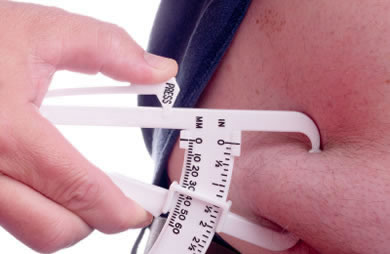|
A few weeks ago, I was asked to talk to an eighth-grade health class about food and nutrition. During the school day, there were five periods of eighth grade health; each class contained about 25 students. I have worked with this age group before and was well aware of the diverse reactions I would encounter among typical 13 and 14 year olds. I knew that some would be very much interested in the topic, some would be defensive and defiant, others rude, and some just ''too cool'' to comment. But off I went, with my plastic food models, portion plates and sugar test tubes. However, the reactions I experienced throughout the day were not what I expected. To make my point, here are just a few examples. (Trust me; the full list is much longer.)
Time and time again, I would ask, ''Where did you hear that?'' The response was always similar: ''I read it on the internet,'' or ''My dad read it on the internet,'' or ''My aunt read it on the internet.'' Get the picture? I took a step back and asked them, ''Have you ever heard of the scientific method?'' They responded that yes, they had studied it in science class. I asked which study would be more reliable:
While I found the day to be exhausting and somewhat disturbing, I also know that I need these kids. This is ''Generation Z,'' the multitasking generation, the technology-centered generation, the connected generation. In the near future, I will be relying on this generation for my mode of transportation, living accommodations, form of communication, access to information, and health care in my 70s and 80s. Scary thought, isn’t it? While these kids are so savvy at technology today, I can only pray that they will be equally as savvy at understanding and applying the scientific method in the future. It's up to us to teach them how to identify reliable information now, so that they can help us later on. So, how can we, as adults, assure that the information we find on the web is accurate and based on scientific research? And how can we help our children to be savvy users as well? To begin the process, check out these trusted sites for accurate health information and tips on reliable web searching: Medline Plus Do you get frustrated with the accuracy of information on the internet? What is life like with your Generation Z-ers?PubMed Healthfinder National Institutes of Health Office of Dietary Supplements National Center for Complementary and Alternative Medicine |
More From SparkPeople
|














.jpg)
